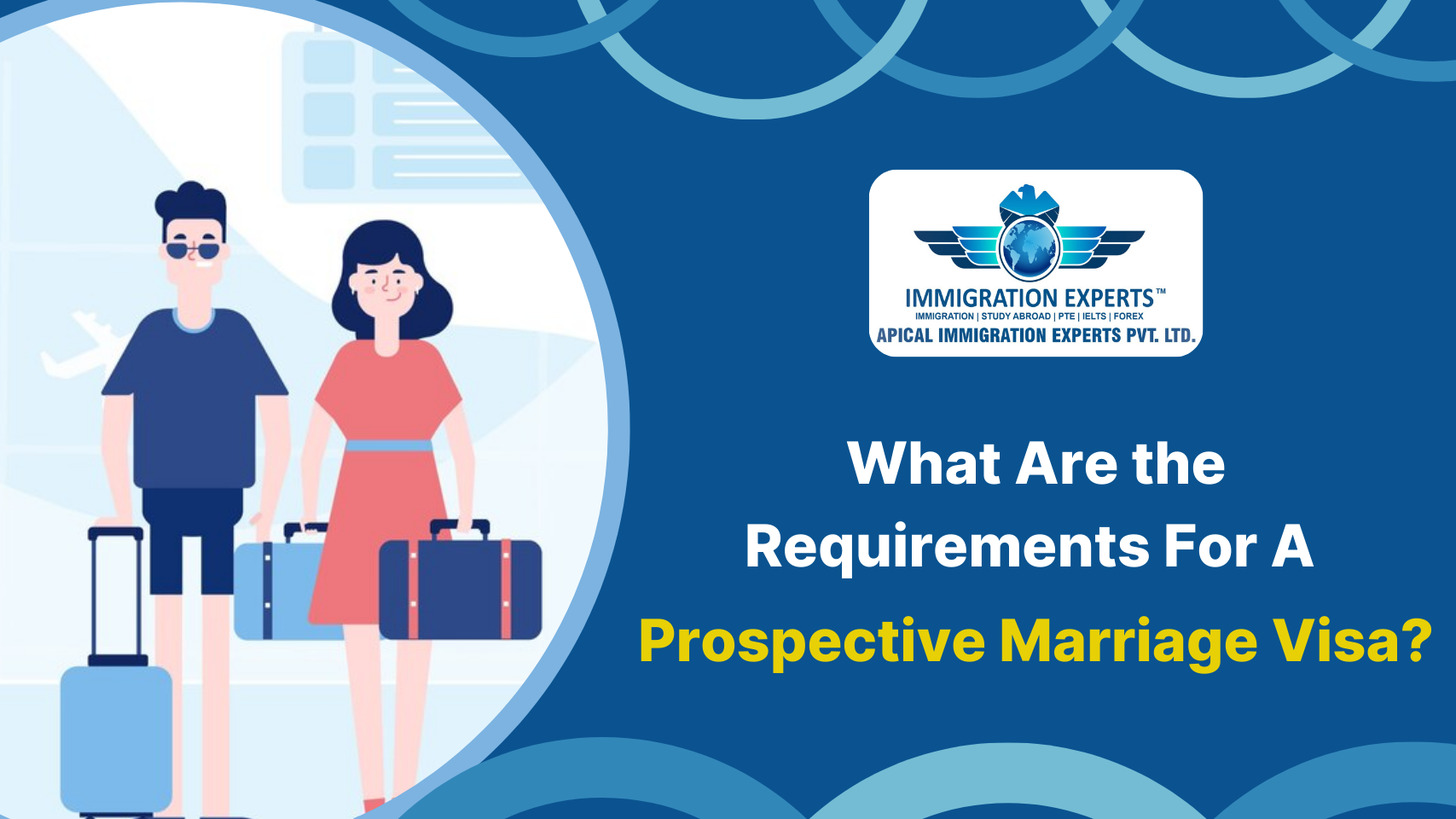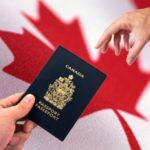Getting married is an exciting journey, but when it comes to international marriages, there are several legal steps you need to follow.
One of the crucial steps for couples planning to marry in a foreign country is obtaining a Prospective Marriage Visa (also called a Fiance(e) visa in some regions).
This visa allows you to travel to your partner’s country to marry and eventually apply for permanent residency. If you’re wondering about the requirements, process, and insider tips, this guide covers everything you need to know.
Understanding the Prospective Marriage Visa
A Prospective Marriage Visa is designed for individuals who plan to marry a citizen or permanent resident of another country. Typically, it allows the visa holder to stay in the country for a specific period (usually 9 to 12 months) to get married. Once married, the couple can apply for a partner or spouse visa to gain permanent residency.
The purpose of this visa is not just administrative—it’s a way for immigration authorities to ensure that the relationship is genuine and that the applicant meets legal and health requirements.
Key Eligibility Criteria
To qualify for a Prospective Marriage Visa, applicants usually must meet the following requirements:
-
Genuine Relationship
The most critical criterion is proving that your relationship is genuine and ongoing. Immigration authorities look for:
- Evidence of a long-term relationship, including communication history, photos, and travel records.
- Proof of meeting in person at least once (some countries may require more than one meeting).
- Intent to marry within the visa period.
Tip: Start documenting your relationship early. Even casual messages or social media posts showing consistent interaction can support your application.
-
Sponsorship by Your Partner
Your fiancé(e) must be a citizen or permanent resident of the country where you plan to marry. The sponsor usually must:
- Demonstrate financial stability to support you.
- Provide a written declaration of intent to marry.
- Meet character and legal requirements (no serious criminal records).
-
Age Requirements
Most countries require both parties to be at least 18 years old. Some may allow exceptions with parental consent for younger applicants.
-
Health and Character Checks
Immigration authorities prioritize the health and safety of residents. Therefore, applicants usually need:
- A medical examination from an approved doctor.
- Police clearance certificates from all countries where they have lived for an extended period.
-
Financial Requirements
While not always strictly financial, sponsors often need to show:
- Sufficient income to support both individuals during the visa period.
- Proof of accommodation or plans for housing after marriage.
-
Commitment to Marry Within the Specified Period
The visa is temporary and conditional. The applicant and sponsor must intend to marry within the approved period (often 9 to 12 months). Failure to marry within this time can lead to visa cancellation.
Documents Typically Required
The application process involves submitting a variety of documents. While exact requirements differ by country, here’s a general checklist:
- Completed visa application form.
- Passport with at least six months of validity.
- Birth certificate.
- Proof of the relationship (photos, chats, emails, travel itineraries).
- Evidence of intent to marry (engagement photos, wedding plans, correspondence).
- Financial documents (bank statements, payslips).
- Police clearance certificates.
- Medical examination reports.
Human Insight: Preparing your documents well in advance can save months of waiting. Immigration authorities appreciate well-organized applications with clear supporting evidence.
Steps to Apply
While the process varies slightly by country, a typical Prospective Marriage Visa application includes the following steps:
- Gather Documents: Collect personal, financial, and relationship evidence.
- Partner Sponsorship: Your fiancé(e) files a sponsorship form.
- Submit Application: Complete the online or paper visa application with all supporting documents.
- Health and Character Checks: Attend required medical exams and submit police clearances.
- Visa Processing: Authorities may interview both applicants to assess genuineness.
- Visa Grant and Entry: If approved, you can travel to the country and marry within the allowed period.
Pro Tip: Keep a personal checklist to track each requirement. It reduces stress and ensures nothing is overlooked.
Common Challenges and How to Overcome Them
- Proving a Genuine Relationship: Some couples face difficulty in showing long-term commitment. Solution: compile detailed evidence like social media interactions, joint travel, and witness statements from friends or family.
- Financial Scrutiny: Some sponsors may not meet income thresholds. Solution: demonstrate additional support through savings or co-sponsors if allowed.
- Medical or Criminal Issues: Applicants with past health issues or minor criminal records might need additional documentation or waivers. Solution: consult an immigration expert for advice before applying.
Why Hiring an Immigration Expert Helps?
While it’s possible to apply independently, a migration consultant or lawyer can provide valuable insights:
- Ensure all documents meet government standards.
- Preemptively identify weak spots in your application.
- Offer guidance on interviews and visa conditions.
- Save time and reduce stress by navigating complex procedures efficiently.
Insider Tips for a Smooth Application
- Start your application well in advance to allow for document gathering and processing time.
- Maintain open communication with your sponsor during the process.
- Keep copies of every submitted document; authorities may request duplicates.
- Be honest and transparent—misrepresentations can lead to visa denial or future bans.
Final Thoughts:
A Prospective Marriage Visa is more than a ticket to travel; it’s a structured pathway for couples who want to start a life together in another country. While the process may seem complex, careful preparation, detailed documentation, and understanding the requirements can make it manageable.
Planning to apply for a Prospective Marriage Visa? Don’t leave your future to chance. Our immigration experts can guide you through every step—from document preparation to visa submission—ensuring a smooth, stress-free process.
Get Your Free Assessment Today:
Email: info@immigrationxperts.com
Call us: +91-9999467686, +91-8447-696555
Frequently Asked Questions About Prospective Marriage Visa
1. How long does it take to get a Prospective Marriage Visa?
Processing times vary by country but typically range from 6 to 12 months. Early preparation and complete documentation can help speed up the process.
2. Can I work while on a Prospective Marriage Visa?
Some countries allow limited work rights, while others may restrict employment until you transition to a spouse or permanent residency visa. Check the visa conditions before planning employment.
3. What happens if we don’t get married within the visa period?
If the marriage does not take place within the approved period, the visa may be canceled, and you may need to leave the country. Some countries allow extensions in exceptional circumstances.
4. Do I need a medical check for the visa?
Yes. Most countries require a medical examination to ensure you meet health standards. Approved doctors or clinics must conduct the check, and reports are submitted with the application.
5. Can I apply for permanent residency after marrying?
Absolutely. Once married, you can usually apply for a spouse or partner visa, which often leads to permanent residency. Meeting the requirements of this subsequent visa is essential for a smooth transition.






